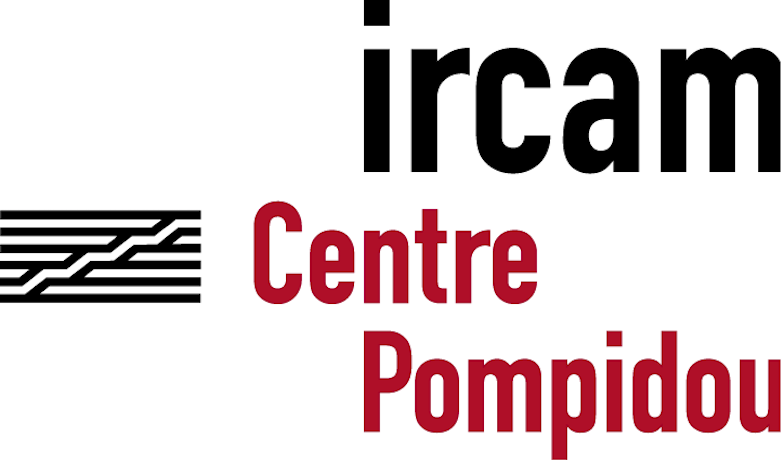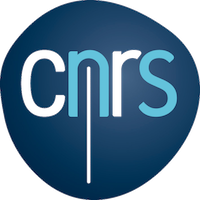
Fundamental Frequency Estimation in Music
Speakers: Rachel Bittner, Alain de Chevigne, Johanna Devaney
Abstract: This tutorial will cover the core concepts in fundamental frequency estimation, starting with the monophonic case and building up to to the polyphonic case. Topics will include pitch perception, common algorithms, data and annotation, and evaluation metrics. This tutorial aims to provide the audience with an understanding of the challenges, the common approaches, and the open problems in f0 estimation, as well as the potential applications of f0 estimation to transcription, music performance analysis, and source separation problems.
Materials for the tutorial: - Link - Link - Link
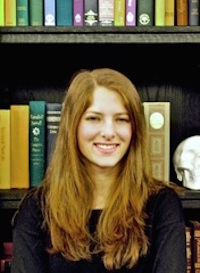
|
Rachel is a Research Scientist at Spotify in New York City, and recently completed her Ph.D. at the Music and Audio Research Lab at New York University under Dr. Juan P. Bello. Previously, she was a research assistant at NASA Ames Research Center working with Durand Begault in the Advanced Controls and Displays Laboratory. She did her master’s degree in math at NYU’s Courant Institute, and her bachelor’s degree in music performance and math at UC 2 Irvine. Her research interests are at the intersection of audio signal processing and machine learning, applied to musical audio. Her dissertation work applied machine learning to various types of fundamental frequency estimation. |
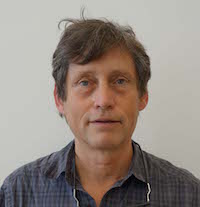
|
Alain trained in physics, maths and neuroscience at Université Pierre et Marie Curie, and is currently Senior Scientist with the Centre National de la Recherche Scientifique (CNRS) in France, affiliated with Ecole normale supérieure (Paris) and UCL (London). He is active in psychophysics and modeling of auditory perception, and data processing for audio and electrophysiological signals. He is author of the widely used YIN method for f0 estimation, and of several widely cited chapters on pitch perception. He currently heads a H2020 project on the cognitive control of hearing aids. |
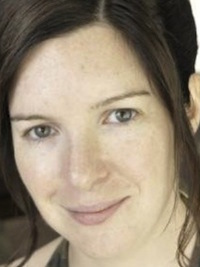
|
Johanna is an Assistant Professor of Music Technology at Brooklyn College, City University of New York and the speciality chief editor for the Digital Musicology section of Frontiers in Digital Humanities. Previously she taught in the Music Technology program at NYU Steinhardt and the Music Theory and Cognition program at Ohio State University. Johanna completed her post-doc at the Center for New Music and Audio Technologies (CNMAT) at the University of California at Berkeley and her PhD in music technology at the Schulich School of Music of McGill University. She also holds an MPhil degree in music theory from Columbia University, as well as an MA in composition from York University in Toronto. Johanna’s research seeks to understand how humans engage with music, primarily through performance, with a particular focus on intonation in the singing voice, and how computers can be used to model and augment our understanding of this engagement. |

